Window Film or Tinted Glass: Which One Provides Better Privacy and UV Protection?
When you're considering upgrading your vehicle or home windows, a common question arises: what is tinted glass windows, and how does it compare to window film vs tinted glass? In this in-depth guide from Harmony Details, we'll uncover the nuances, weigh the pros and cons, and help you decide which option is best for your needs. Expect side-by-side insights, educational analysis, and expert recommendations—with a touch of Harmony Details promotion.
Understanding the Options
What Is Tinted Glass Windows?
Tinted glass refers to factory-manufactured windows that incorporate colorant or solar control layers during production. These windows come pre-tinted in various shades and often feature uniform lightscattering properties. Because the tint is embedded in the glass itself, it cannot be peeled or scratched off.
Tinted Film on Car Windows vs Factory Tint
Tinted film on car windows is added post-manufacture. It consists of thin, adhesive-backed films applied to the interior surface. These can mimic the look of window glass tinting but offer more customization. You can choose from varying levels of darkness, colored or reflective finishes, and even patterned or decorative styles.
Privacy: Which Option Delivers More Discretion?
Factory Tinted Glass: A Subtle Shield
Tinted glass manufactured at the factory offers uniform coverage. Its slight green, blue, or bronze tones disguise silhouettes well, especially in bright daylight. Since it's part of the window structure, no peeling or bubbling occurs over time. However, factory tints typically offer moderate privacy—rarely exceeding a 20–30% reduction in visible light transmission (VLT). At night, factory tint can lose effectiveness under interior lighting.
Window Film: Tailored Privacy Levels
With tinted window film, you have wide control over the darkness level—ranging from light shades to privacy-grade films with under 5% VLT. This allows you to choose a near-reflective mirror look or a darker, opaque shield. For families with infants, executives storing valuables, or patients requiring confidentiality, window film provides robust day-and-night privacy.
However, extreme darkness may lead to legal restrictions in your jurisdiction—so always check regional regulations.
Learn More: Mobile Car detailing Vs Car Wash
UV Protection: Sun Defense on Demand
The Science Behind UV and Safety
Ultraviolet (UV) rays from the sun (primarily UVA and UVB) can cause skin damage, upholstery fading, and material degradation over time.
- Factory tinted glass can block around 15–30% of UV rays due to the tinting process.
- Window film, on the other hand, is designed to block up to 99% of UV radiation—protecting occupants and interiors from sun damage.
This major difference makes tinted window film a superior choice if UV protection is paramount.
Heat Control: Keeping Interiors Cool
Tinted Glass and Thermal Performance
Factory-produced window glass tinting naturally reduces heat transmission by absorbing and scattering solar energy. However, its thermal performance depends on tint color and thickness.
Window Film: Customized Solar Management
Window film vs tinted glass clearly tips in favor of film when considering heat rejection. Many modern ceramic or metallic films block infrared light, significantly reducing interior heat gain. This in turn improves HVAC efficiency and lowers energy bills.
Durability: Long-Term Performance
Factory Tinted Glass: Built-In Resilience
Because the tint is embedded, tinted glass is highly durable against wear, peeling, and delamination. It's maintenance-free in terms of the tint itself—though overall glass needs care like any window.
Window Film: Quality Matters
Premium tinted film on car windows or home windows can last 10–15 years if applied by professionals and cared for properly. However, lower-grade films may fade, bubble, or scratch over time. With proper warranty and expert installation (like at Harmony Details), these issues are minimized.
Cost: Balancing Budget and Value
Investment in Tinted Glass
Factory-installed tinted glass windows tend to come at moderate additional cost—integrated into the purchase price of the vehicle or home. The cost-per-square-foot is relatively lower than film, given its permanence.
Cost of Window Film
At Harmony Details, we offer a variety of tinted window film packages:
- Standard film (non-metalized): best for basic UV and privacy benefits at lower cost.
- High-performance ceramic/infrared-rejecting film: ideal for those prioritizing thermal comfort and UV protection.
- Decorative or patterned film: perfect for adding style and vibrancy, such as colorful glass effects, to homes and businesses.
Though installation costs vary, the long-term energy savings, improved comfort, and enhanced privacy pay dividends.
Aesthetic Flexibility
Tinted Glass: Unified but Limited
Factory tinted glass provides a consistent, factory-grade look. Shades are limited to common hues and generally standard VLT levels.
Window Film: Endless Creative Expression
With window film, especially decorative options, it’s easy to create unique looks. From subtle frosted privacy to bold colorful glass accents, film allows customization—ideal for storefronts, interior partitions, or stylish home upgrades.
Maintenance and Aftercare
Tinted Glass: Simple Cleaning
Cleaning tinted glass is straightforward—just use non-ammonia cleaners and soft cloths to avoid damaging the tint embedded in the glass. No additional care is needed.
Window Film: Careful Handling Required
After installing tinted window film, wait the recommended cure time (typically a few days) before cleaning. Use soap-and-water cleaners and soft applicators. Avoid sharp objects or abrasive tools on the film surface.
Harmony Details Recommends: When to Choose Each
- Choose Factory Tinted Glass If You Want:
- A maintenance-free, built-in solution
- Subtle tinting with no non-standard aesthetic features
- No added installation costs if tinted options are included by the manufacturer
- Choose Window Film If You Want:
- Maximum UV protection (up to 99%)
- Custom privacy levels: from mild shading to full privacy
- Enhanced heat rejection for climate control and energy savings
- Decorative looks and colorful glass effects
- The flexibility to upgrade an existing vehicle or window
Harmony Details: Professional Window Film Installation
At Harmony Details, our certified technicians offer:
- Expert assessment of your privacy, thermal, and UV protection goals
- Wide selection of films—including tinted film on car windows, home/décor films, and colorful glass-effect designs
- Precision, warranty-backed installation to ensure long film life
- Guidance on legal compliance and heat-level recommendations
We understand the window film vs tinted glass debate inside out—and we’re here to guide you through making the best choice.
Final Verdict
If you're looking for what is tinted glass windows of the simplest kind—integrated in manufacturing, requiring no installation—then factory tinted glass is a solid choice.
However, when it comes to maximum privacy, UV protection, and heat control, and you want customization through tinted film on car windows or window glass tinting, tinted window film is the superior option. It also opens the door to aesthetic creativity such as colorful glass accents.
At Harmony Details, we’re your trusted partner for professional tinted window film solutions. Whether you're upgrading your existing windows or seeking tailored solar performance, we’ve got the expertise, quality materials, and service to bring your vision to life.
By following this guide, you're equipped to weigh the benefits of window film vs tinted glass, making the right choice to boost your privacy, UV defense, and visual appeal. Ready to transform your windows? Contact Harmony Details today for a free consultation!



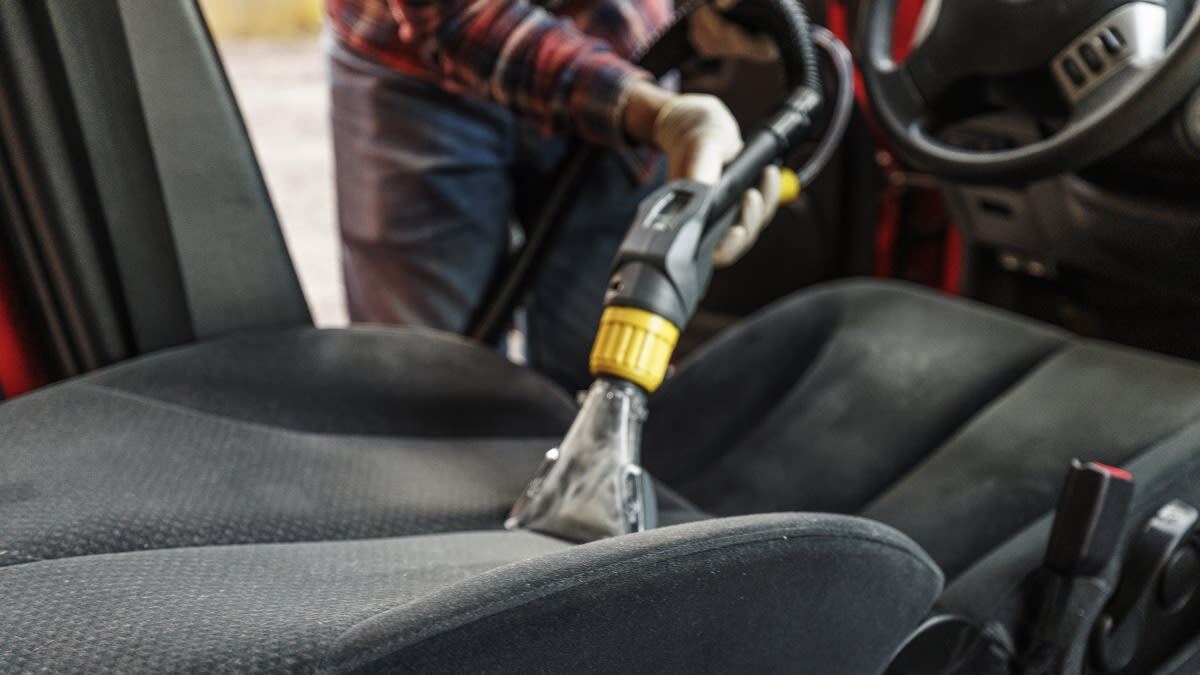
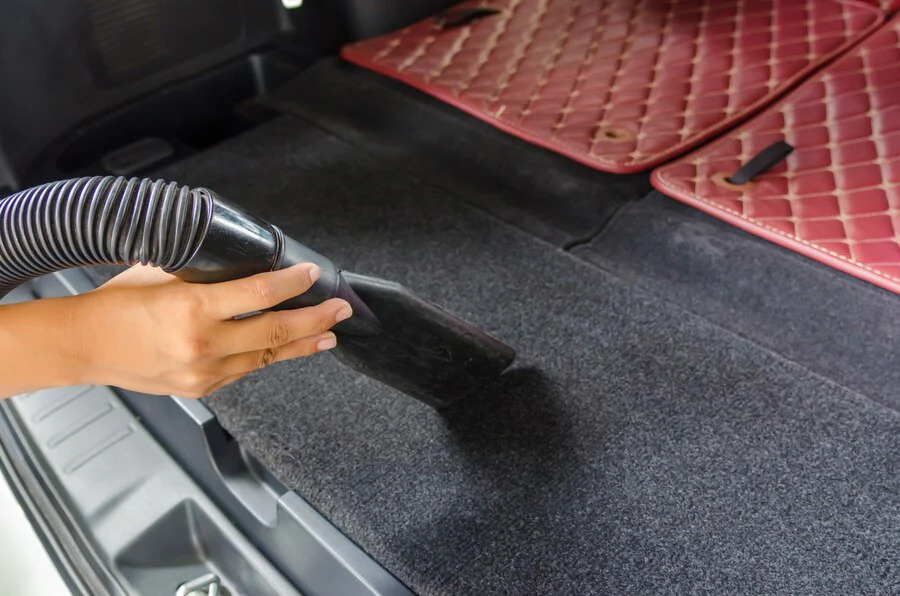
.jpg)
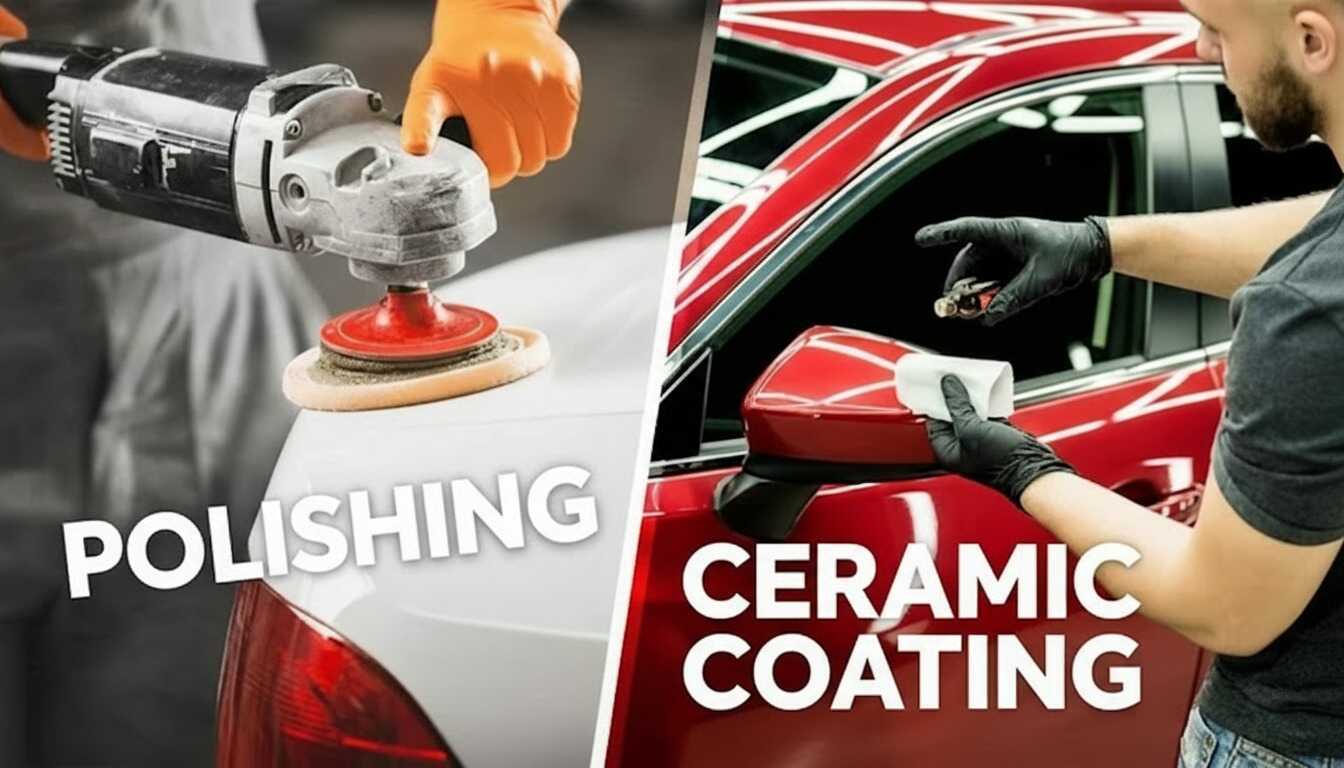
.jpeg)
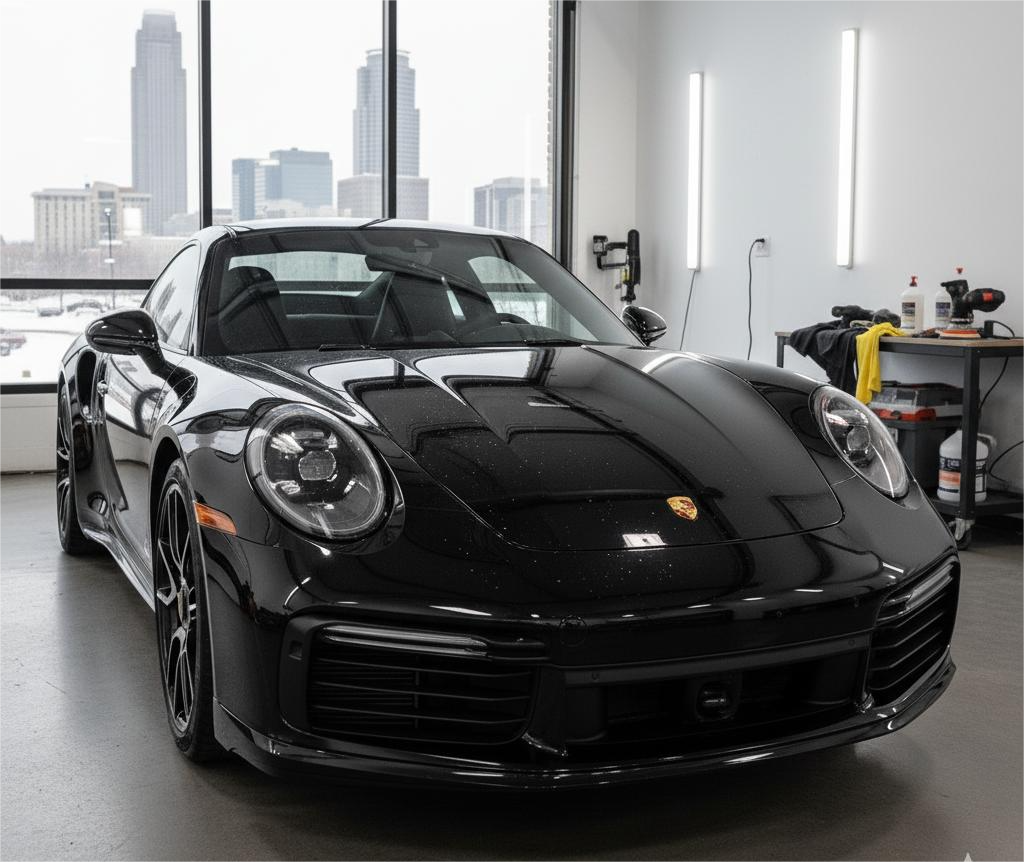
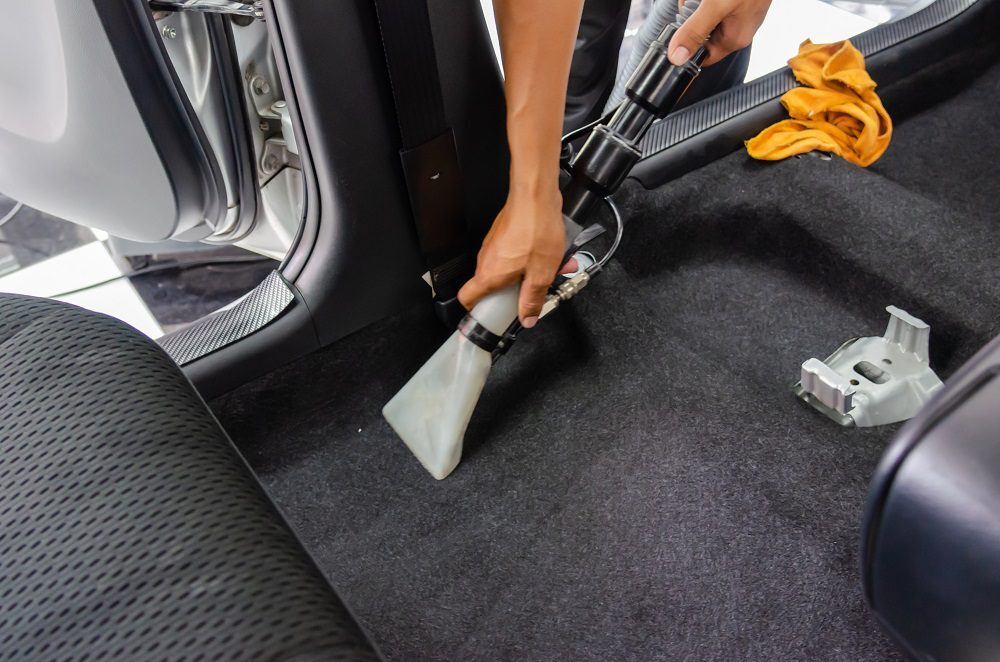
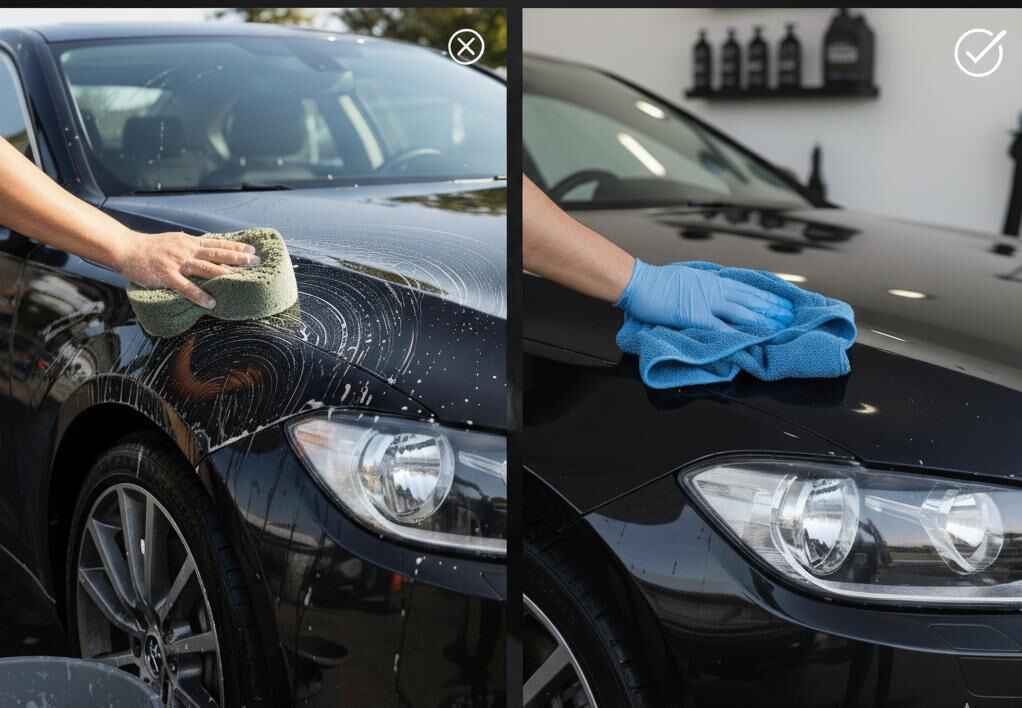
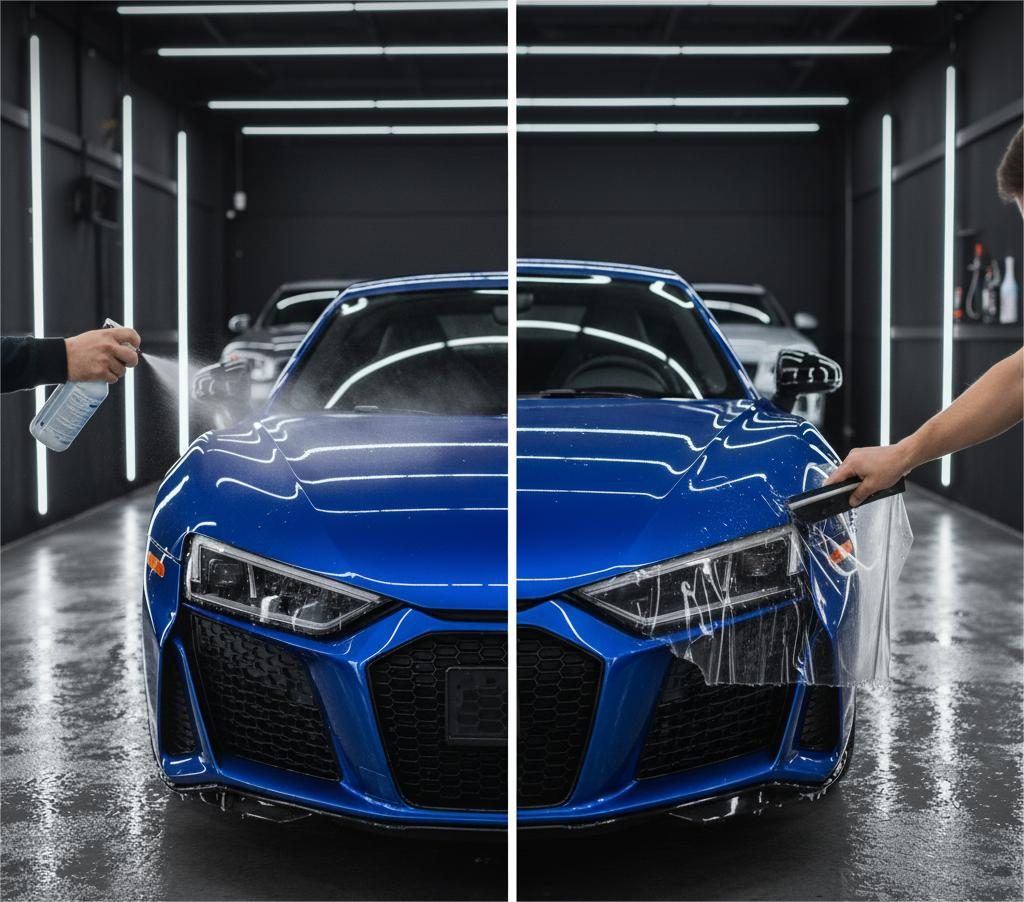
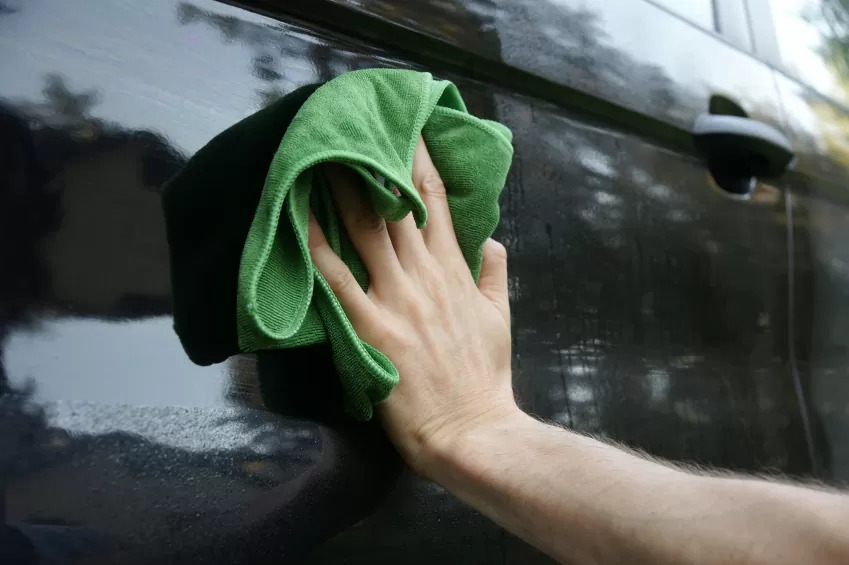
.jpg)

.jpg)

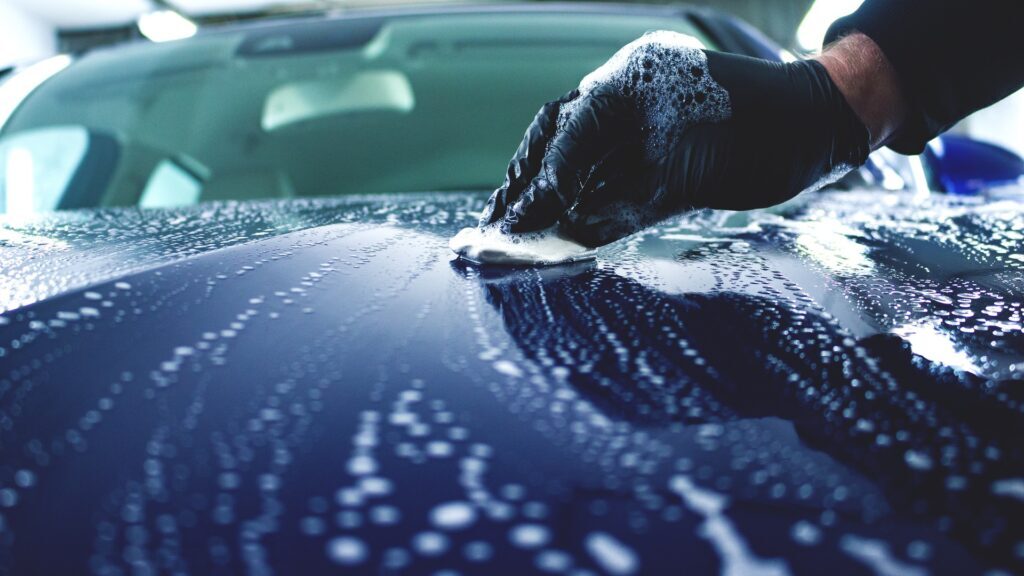
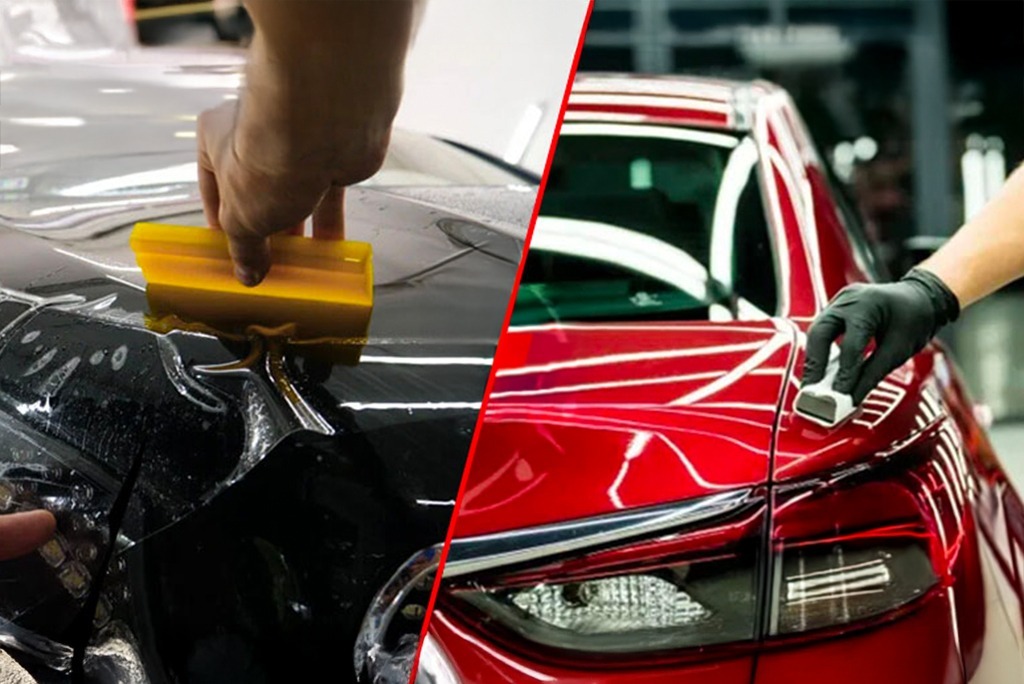

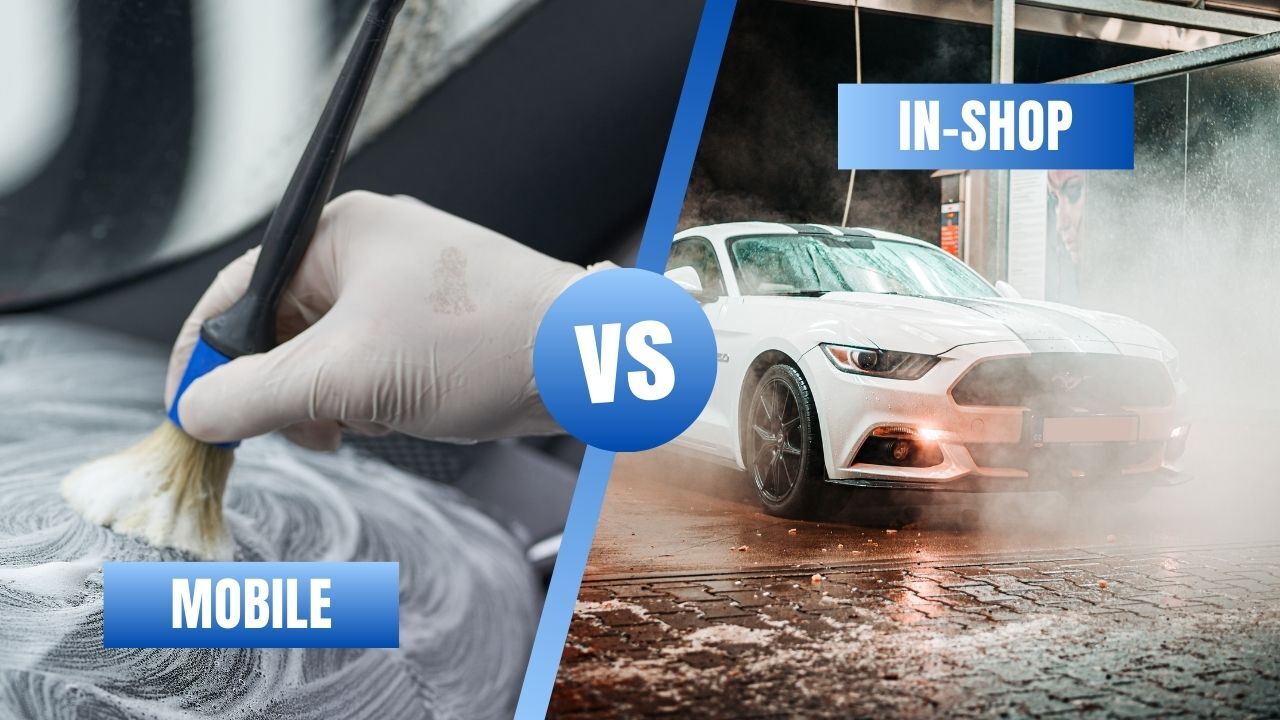

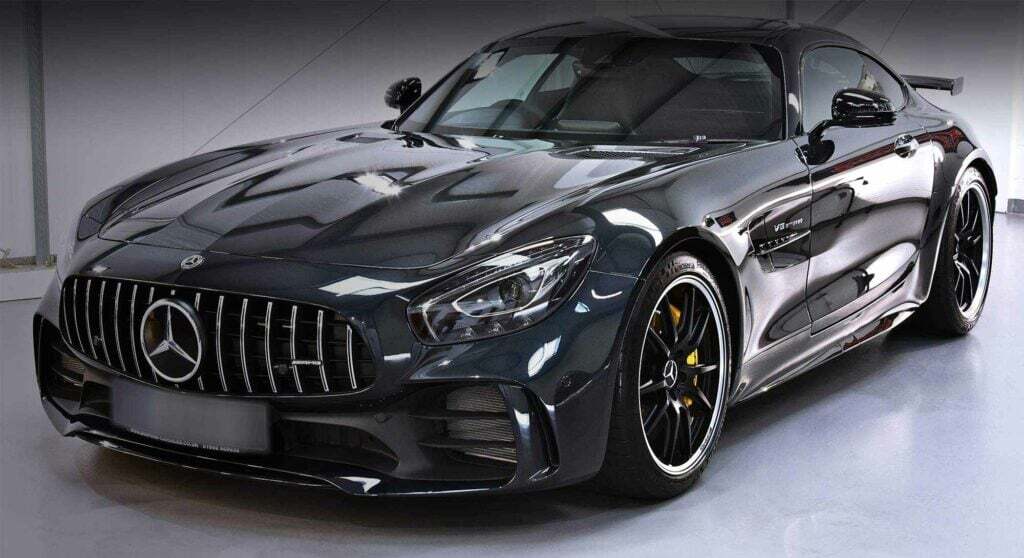

.webp)
.jpg)
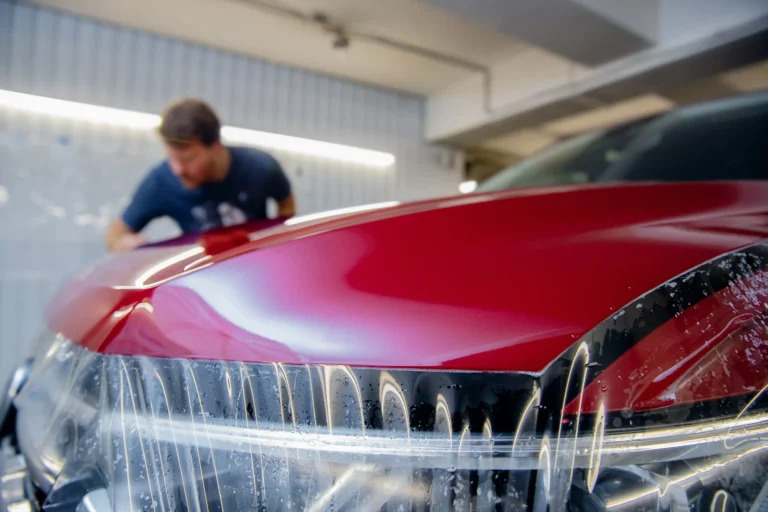
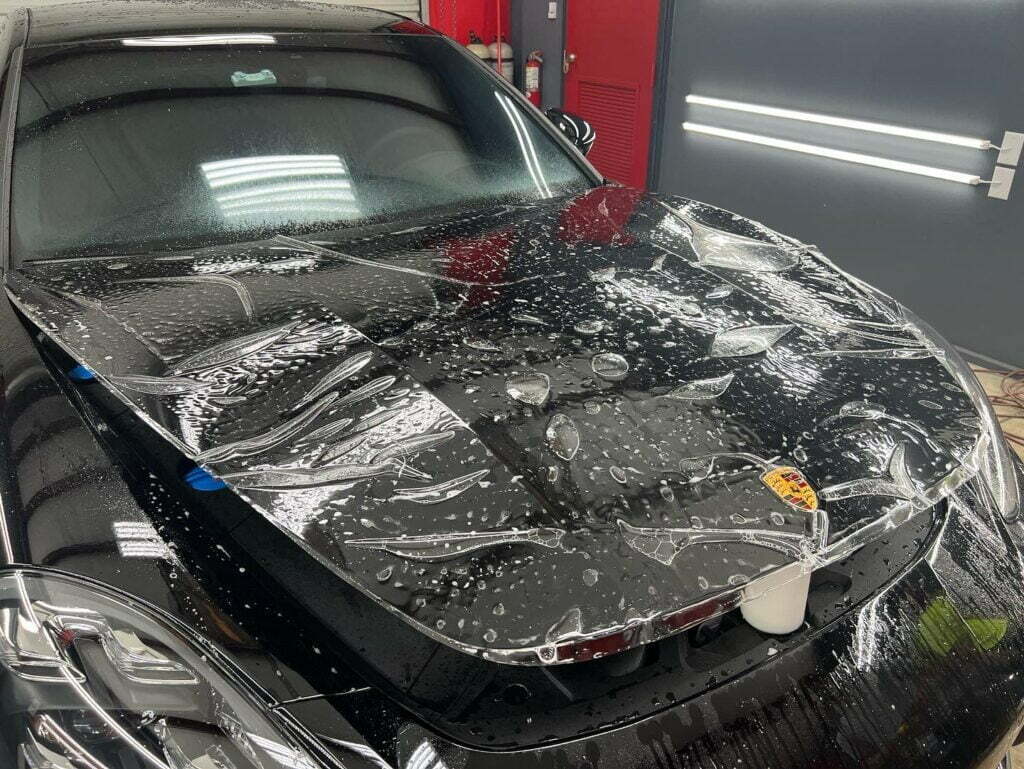
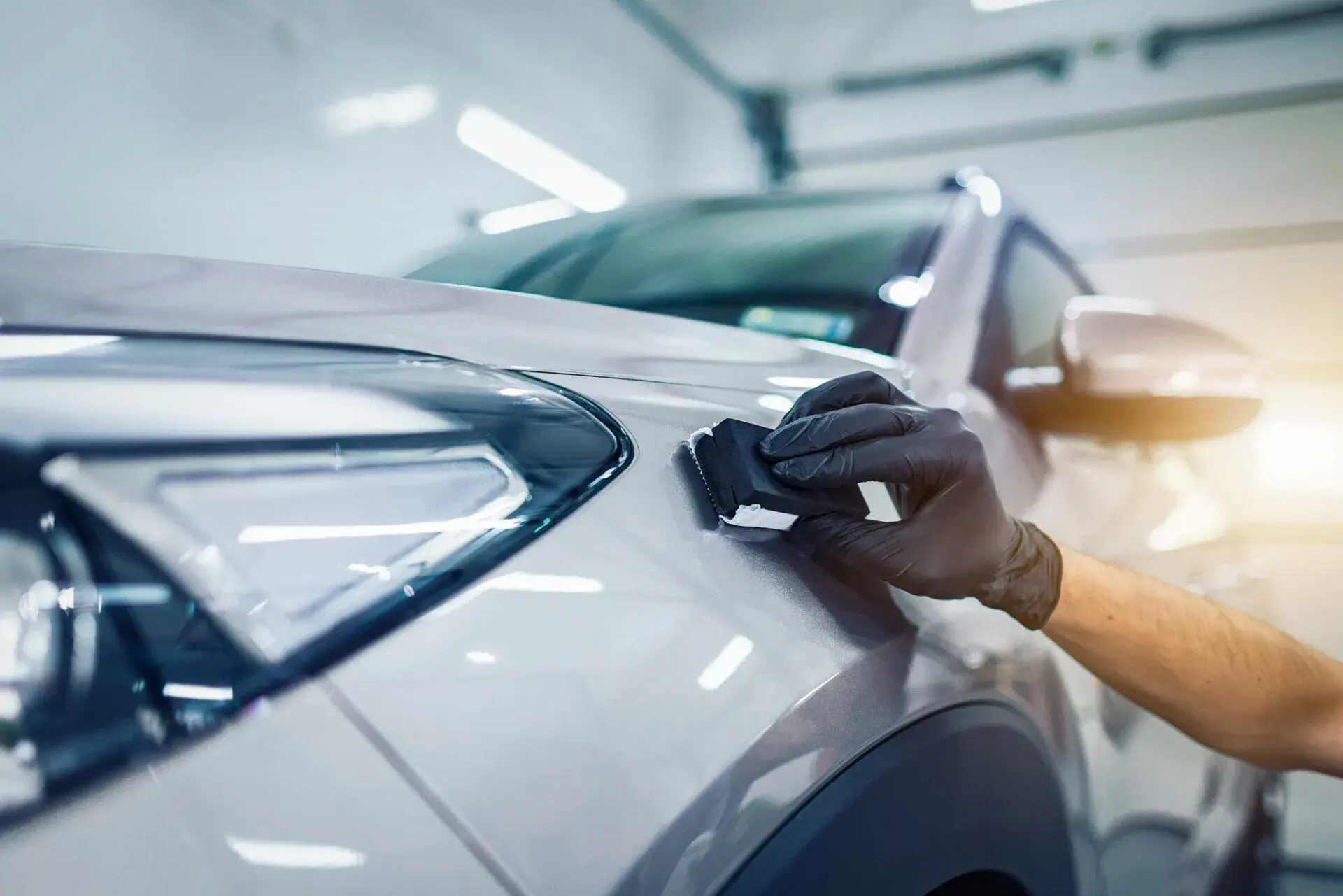
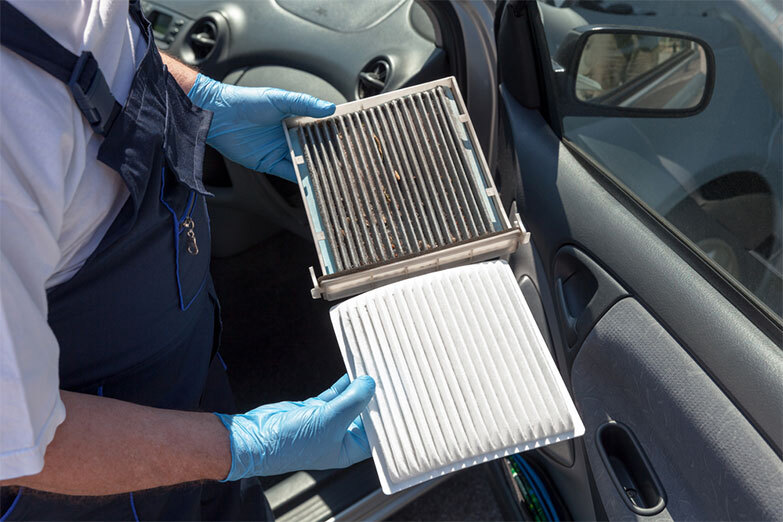
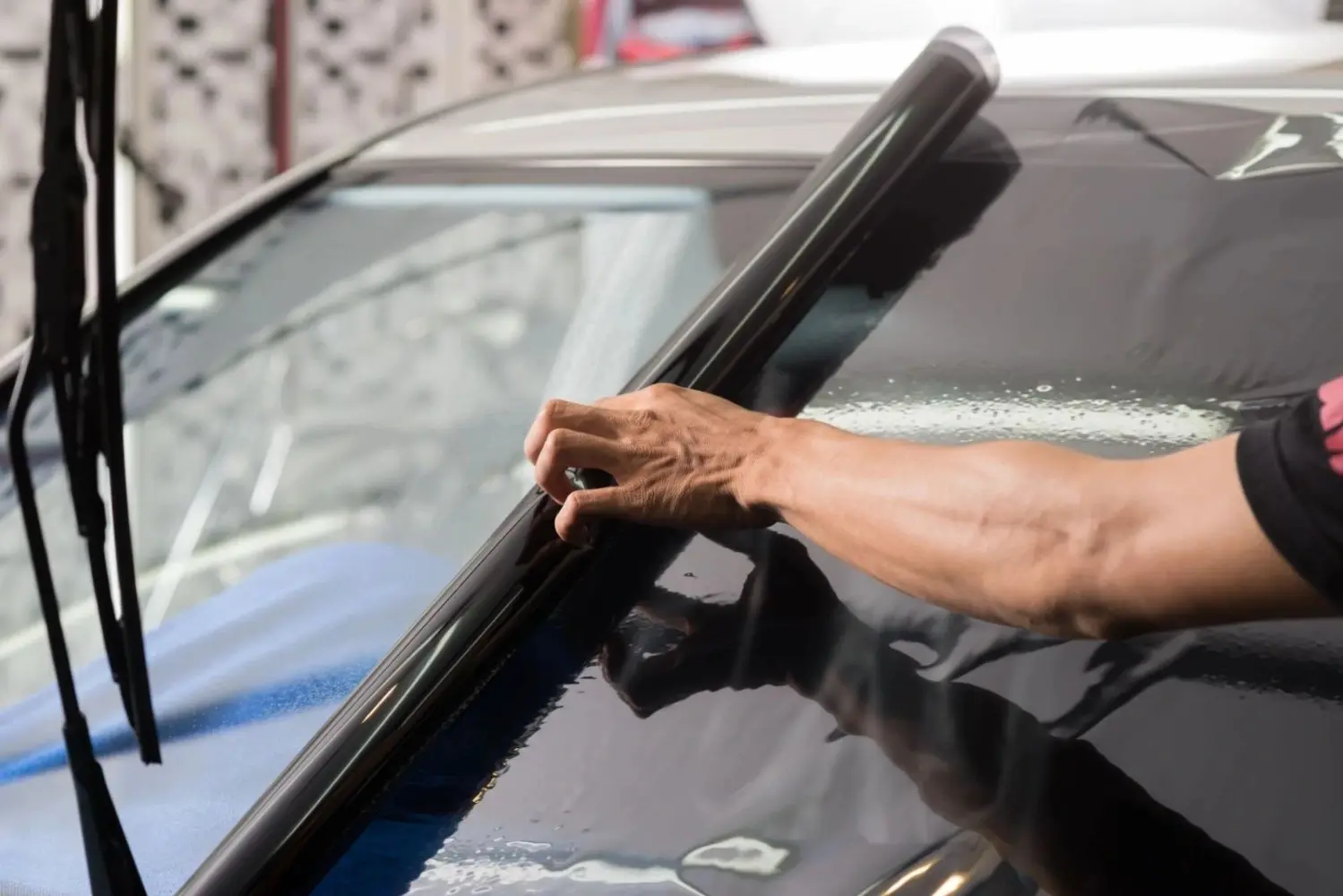



.jpg)












.png)
.png)

.png)

